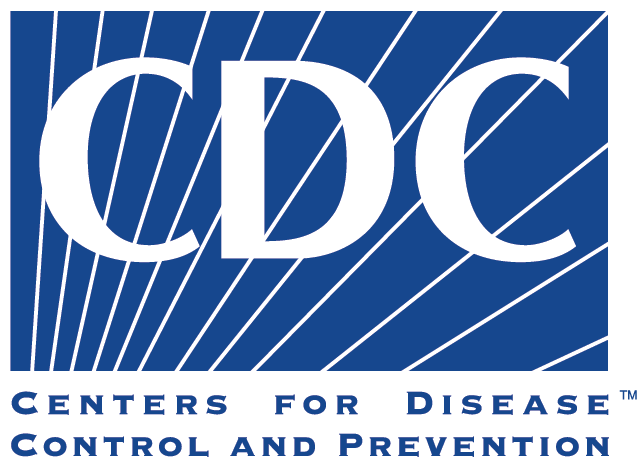It’s week four of your internship. You’ve come to the realization that you dread going to work in the morning, and you are counting down the days until the internship ends. You were so excited about the internship during the first week—what happened? Clearly, the honeymoon is over.
If this scenario sounds familiar to you, the first thing you should do is take a deep breath and realize that you are not alone. Most interns progress through their internships in fairly predictable developmental stages. What you are currently experiencing is what Fred Sweitzer and Mary King refer to as the disillusionment stage of the internship, where interns often realize that there is a wide gap between their expectations about the internship or the industry they entered and the reality they are experiencing. Others are frustrated that they’re not getting enough direction or attention from their supervisors. Interns often stay stuck at this stage and just “ride it out” until the internship ends. The better option is to try several strategies that will help you move towards a stage of competency in your internship.
1. Schedule a meeting with your supervisor to discuss how the internship is not helping you meet the goals you set or the expectations that were set by the organization. If you are earning college credit for your internship, most likely you had to specify some learning objectives at the beginning of the internship and discuss those with your supervisor. Revisit that discussion with your supervisor to help focus the work that you would like to do moving forward.
2. Assess whether your frustration is due to a lack of skills or knowledge you need to do your job. Perhaps you don’t enjoy your internship because you are not very proficient with Microsoft Excel, but your supervisor keeps assigning you projects that require you to create spreadsheets. Check with your college or university to see if they offer free access to on-demand, online skills training through platforms like lynda.com or Udemy to develop your computer or other skills. Many platforms also offer monthly subscriptions. If you lack knowledge about your industry, ask your supervisor to recommend professional journals or associations where you can learn more about the field on your own. As an added bonus, you will also demonstrate initiative to your supervisor.
3. Supervisors are busy and sometimes don’t realize that a small investment of time with their intern can lead to greater productivity for everyone. If you don’t feel like you are being mentored, suggest to your supervisor that the two of you meet on a weekly basis at a set time, such as lunch every Wednesday. Use that time to review projects, suggest ideas and get your questions answered.
4. Finally, acknowledge the gap between your expectations and reality and use it as a learning experience. If you have discovered that you really don’t enjoy making sales calls all day or that a start-up environment is too chaotic for you, explore potential career paths or environments that might be a better fit. Use the networks you are creating at your internship to get connected to other professionals for informational interviews. Learning what you don’t like doing can be a valuable outcome of your internship as you further clarify your career path.
An internship might be your first step into the professional world, but it won’t be your last. Whether or not the internship turns out as you expected, you can develop as a professional if you view each experience as a learning opportunity. Or as author Roger Crawford notes, “Being challenged in life is inevitable, being defeated is optional.”
Angela Schmiede is Dean of Academic & Professional Success at Menlo College, a small, private business college located in Silicon Valley. She has over 20 years of experience designing and leading experiential learning programs, and has taught at Vanderbilt and Stanford Universities.






